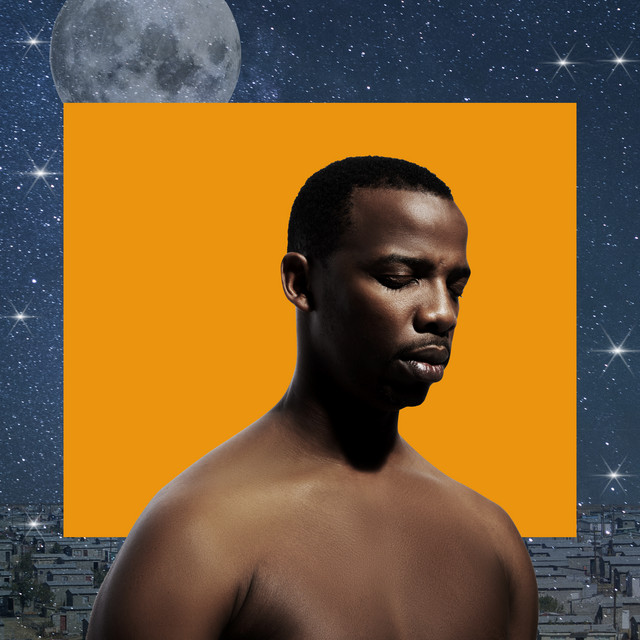After breaking records in 2021 “Osama”, the South African producer appears in the video for “iMali” alongside Karyendasoul and Nana Atta. A perfect occasion to look back with him on his 10-year career, his spirituality and his central place in the local house scene.
“I find my music very spiritual, and it’s not a plan, it’s unconscious. My mother was a spiritual healer, an umthandazi. She would heal people using water, and I grew up praying for people I didn’t even know. Strangers would come to my mother for help. I think maybe that’s where my spirituality was natured. In my music I talk about it, amongst a lot of things”. These are the first words we get from Zakes Bantwini, on the phone in Johannesburg. The man is arguably on the top of his game: after a huge breakout around 2010, a career at Sony, international gigs and the launch of different labels and companies, 2021 saw him break a record with his song “Osama”, the most played song of the year on South African radios. In a country where amapiano dominates the airwaves, “Osama”, a house song, showed one thing: “we can all coexist!”, Zakes says. “We can listen to different sounds all at the same time. Let’s kill the genre barriers and make this about the music!”
Shifting his sound to the latest trend has indeed never been a priority for Zakes. Since his early beginning, the producer has been shaping the sounds of South African house music alongside big names like Black Coffee, Heavy K, DJ Euphonik and more. His debut album The Good Life, released in 2008, already showcased his love for smooth chords, catchy drumming and sound textures that would become the trademark of local dance music. “In 2008, house was trying to pick up”, he recalls. “A lot of songs from that time were from international DJs and compilations. SA was just starting now to produce its own version of it. This is the time where we learned the ropes. It was picking up, and a year later I was on one of the biggest record of the year: ‘Juju’ with Black Coffee !”.
Zakes then followed with “Clap your hands”, one of the biggest tracks of his catalog, and “Wasting my Time”, another track that crossed national borders. “I’m not persuaded by what’s popular but I’m persuaded by what’s nice and what makes sense”, he adds. “If it’s jazz or gqom, you will hear me on it. House comes to me very easily. I think and breathe house and dance music.”
In 2017, after putting his career on hold for three years to work as an executive for Sony, Zakes returned to production. From this decision resulted Love, Light & Music 2 and Ghetto King, released in 2021 with “Osama” as a single. “Most of the music I make is based on where I come from”, he explains about the project’s title. “My musicality was shaped in KwaMashu (a Durban township). It was shaped by the good and bad experiences in KwaMashu. It is a true reflection of a guy who grew up poor and changed his life to be who he is today. I never thought people in Lagos, in Benin, in Ouagadougou or in Switzerland could enjoy music from a guy from KwaMashu.”
Ghetto King was released via Mayonie Productions, Zakes’ very own label. The structure also produces emerging artists such as Karyendasoul and Nana Atta. Both can be found alongside Zakes in the video for “iMali”, taken from Karyendasoul’s latest EP Imizamo which continues the legacy of South African dance music. As a vocalist, producer, DJ and label owner, one may ask what is the next challenge for Bantwini? The answer, surprisingly enough, lies in a learning program at Harvard, where the artist will be studying the business of entertainment, music and sports. “We have many irresponsable musicians who tell people ‘you don’t need to go to school to be who I am’”, he says. “But when you look at the ratio of people who are unemployed and employed, most people employed are those who are educated! I like to change perceptions”.




